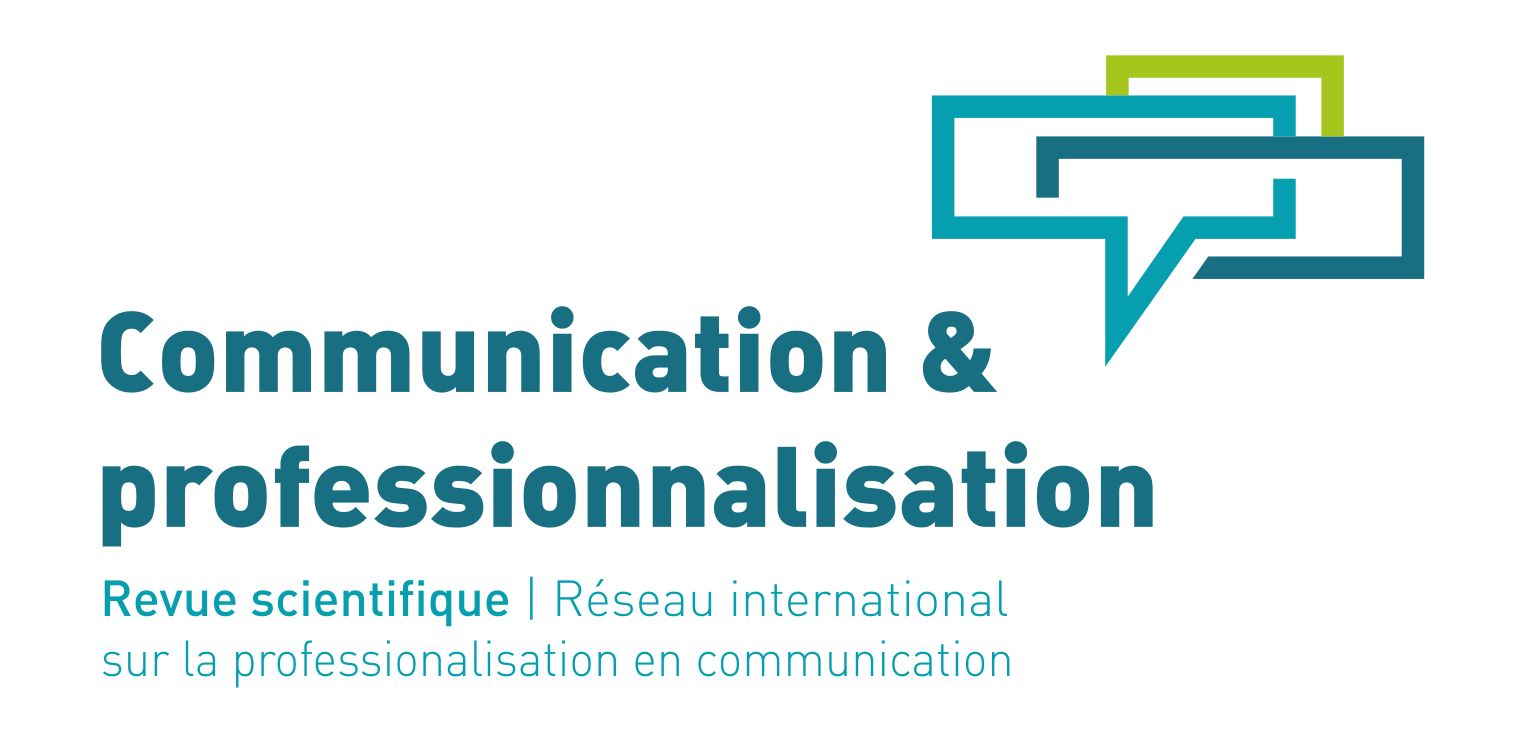AAC: Industrialisation et (Dé)professionnalisation de la communication à l'Ère des outils IA
Contexte
Les métiers de la communication sont aujourd’hui au cœur de reconfigurations profondes, sous l’effet combiné de mutations technologiques (Babashahi et al., 2024), d’injonctions organisationnelles à l’agilité (Balog, 2020), et d’un basculement progressif vers des formes d’industrialisation algorithmique (Deliu & Olariu (2024) mais aussi de questionnements sociaux (Crawford, 2021). L’irruption des intelligences artificielles génératives, prédictives et décisionnelles vient redéfinir la division du travail communicationnel, les référentiels de compétences, les identités professionnelles et la gouvernance des savoir-faire dans ce secteur (Buhmann et Gregory, 2023). Là où les professionnels de la communication, dans la diversité des métiers et fonctions qu’ils.elles exercent, faisaient valoir leurs qualités rédactionnelles et de synthèse, comme aussi leur créativité et leur sens stratégique, quelles compétences peuvent-ils.elles encore revendiquer en regard des fonctionnalités et performances des intelligences artificielles génératives, analytiques ou prédictives ?
Une industrialisation de la communication (Srnicek, 2017), entendue ici comme transfert d’activité à des agents algorithmiques, est-elle effectivement en cours ? Faut-il parler d’une externalisation (ou outsourcing) de la communication, à l’instar des plateformes (ou marketplaces) où croisent des millions de travailleurs indépendants (freelancers) dont les prestations intellectuelles aux entreprises concernent majoritairement, en France, le conseil en communication et/ou le marketing digital, comme aussi le design et la création numérique[1].
Les projections accréditent l’hypothèse d’une accélération très significative de la transformation du travail dont nous voudrions questionner les manifestations et les conséquences sur la professionnalisation des communicateurs.trices. Deux dynamiques simultanées se dessinent : d’une part, une industrialisation accrue des pratiques, fondée sur la standardisation, l’automatisation, la logique de plateforme et la productivité assistée par IA ; d’autre part, des processus de déprofessionnalisation (Evetts, 2005) qui se traduisent par une fragmentation des tâches, la précarisation de certains statuts, la perte d’autonomie ou encore l’émergence d’“experts autoproclamés” (Collins & Evans, 2007; Brown, 2020).
Ce numéro entend donc questionner, à partir de terrains empirique variés, les effets de ces transformations sur les métiers de la communication, en articulant trois axes : (1) les mutations industrielles en lien avec les outils IA ; (2) la redéfinition de la professionnalité et des trajectoires ; (3) la professionnalisation en formation par/avec les outils IA. Il s’agit, surtout, d’interroger le sens d’une industrie dans son rapport au « faire » et sa disjonction (avérée ou non) avec l’artisanat (Caliste & Carnino, 2022) et son ethos (Sennett, 2008) dans les métiers de la communication[2].
Un travail prospectif sur l’externalisation des services en communication, comme sous-traitance d’activités et de tâches antérieurement dévolues à des professionnels (Vallas & Schor, 2020) invite à reconsidérer la division du travail (Durkeim, 1993) et la place de l’acteur dans un système (Crozier & Friedberg, 1977) de dépendance aux « solutions » technologiques que se disputent les fournisseurs d’IA.
Problématique
Comment les IA transforment-elles l'industrie de la communication ? Quels sont les impacts sur les métiers, les compétences, et les processus de production ? Comment les professionnels peuvent-ils s'adapter à ces changements et tirer parti des opportunités offertes par les outils IA ? Ce numéro spécial de Communication & Professionnalisation vise à explorer ces questions et à proposer des pistes de réflexion sur l'avenir de la professionnalisation en communication dans un tel contexte.
Coordinateur du dossier
Patrice de La Broise, Université de Lille, patrice.de-la-broise@univ-lille.fr
Marc D. David, Université de Sherbrooke, marc.d.david@usherbrooke.ca
François Lambotte, UCLouvain, francois.lambotte@uclouvain.be
Calendrier
- Lancement le 26 septembre 2025
- Date de soumission de résumé: 15 novembre 2025 à envoyer par mail aux coordinateurs
- Retour sur le résumé : 30 novembre 2025
- Date limite de soumission des articles : 28 février 2026 à soumettre obligatoirement sur la plateforme de la revue
- Notification aux auteurs : 15 mai 2026
- Date de publication prévue : fin novembre 2026.




